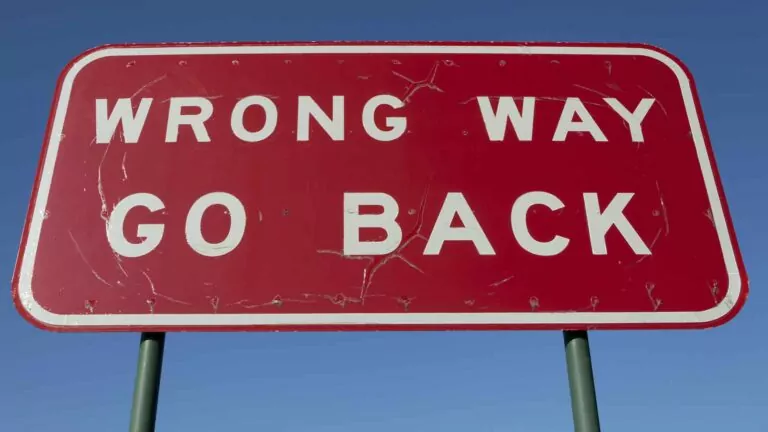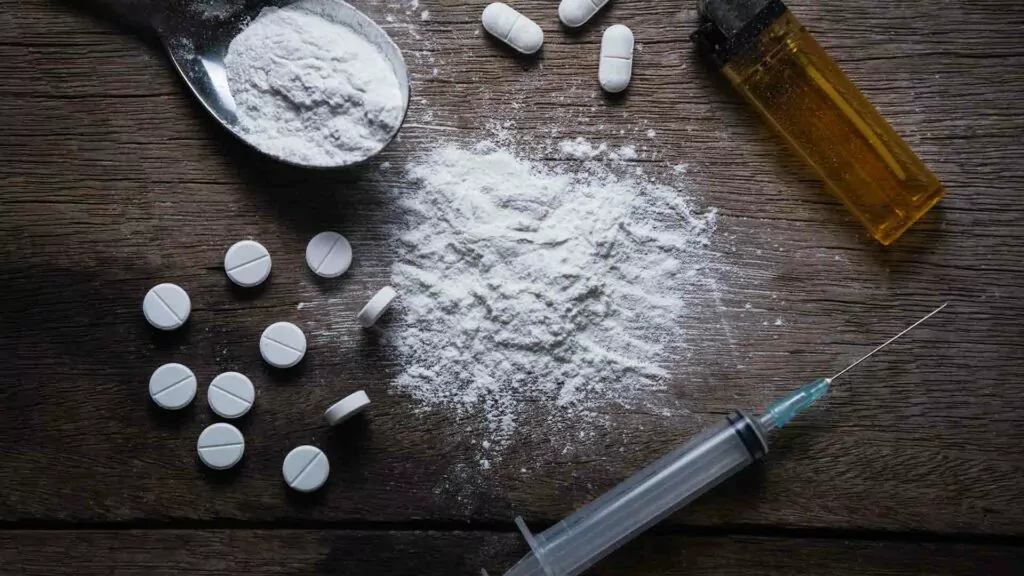It isn’t often that public officials who once championed “progressive” policies admit they were wrong. But it is becoming more common when it comes to those who once advocated for drug decriminalization with perhaps the most striking example to emerge being Larry Campbell. The former Senator and mayor of Vancouver supported the opening of North America’s first supervised drug-consumption site and advocated for the legalization of opioids. But as The Globe and Mail is reporting, he thinks differently now.
“Mr. Campbell, 76, says that British Columbia’s NDP government made a mistake when it decriminalized the possession of small amounts of illicit drugs without thinking through the impact on communities. He says the government made an even worse mistake when it started dispensing prescription opioids to drug users, through the practice known as safe supply.”
Campbell was first on the RCMP drug squad in the 1970’s, and was then a city coroner in the 1980’s, a story captured loosely in a CBC drama called Da Vinci’s Inquest. As he told the Globe and Mail:
“I’ve been a big harm-reduction guy forever and, after decriminalization, I just came to the realization that we were going down the wrong path and nobody was standing up.”
He believes far too much focus has been put on “harm reduction” and not nearly enough on prevention, enforcement, and treatment. He recently took a trip to Alberta and was impressed by the United Conservative Party’s strategy of investing in an addiction treatment system.
“We’ve got to figure out how we help people not only stay alive but have a life,” he shared.
What folks are looking for in drugs (and money, sex, fame, and more) is the sort of higher purpose and meaning that the police and a secular government can never provide. But the Church can step into the gap. God’s people understand that we were made for a reason, and that fulfilment can be found in glorifying and enjoying God. His Church has been entrusted with the Gospel truth that though we might be drug users, or any other type of sinner, we can be washed clean – we can be reconciled with our Maker, through Christ. But, as Paul writes in Romans 10:14-15:
“How, then, can they call on the one they have not believed in? And how can they believe in the one of whom they have not heard? And how can they hear without someone preaching to them? And how can anyone preach unless they are sent? As it is written: ‘How beautiful are the feet of those who bring good news!’”
Will we let others in on this good news, or keep it to ourselves?












